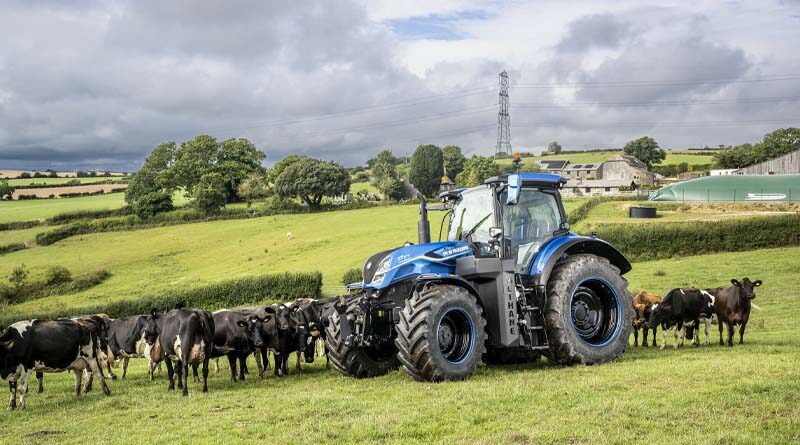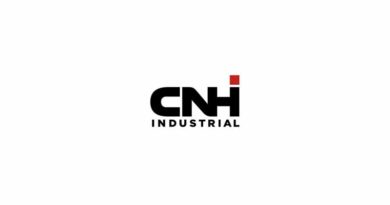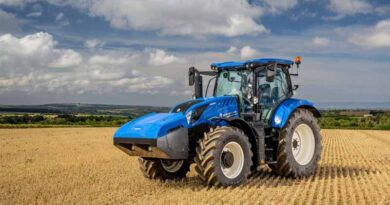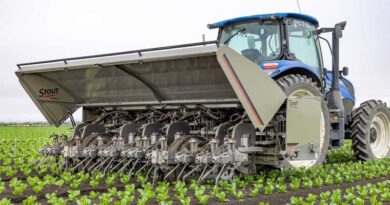CNH Industrial takes a controlling stake in Bennamann
16 March 2023, London: CNH Industrial is expanding its alternative fuel capabilities by taking a majority stake in Bennamann – a UK-based expert in solutions to capture, repurpose and store fugitive methane emissions for energy use. In conjunction with CNH Industrial equipment, Bennamann’s infrastructure delivers a carbon-negative system that fully supports a circular economy in farming. This move boosts our leading position and portfolio in alternative fuels for the agriculture industry.
“By consolidating our share in Bennamann, we are offering our customers a full energy production, storage, and distribution service,” says Derek Neilson, President of Agriculture at CNH Industrial. “This solution can transform farms into mini energy hubs that can satisfy their own energy needs, produce their natural fertilizer and sell any excess gas on the open market. It also enables them to generate electricity. This makes us a true alternative energy enabler, able to serve myriad applications and contribute to a carbon negative future.”
Reducing emissions such as methane and CO2 from biowaste and operations is one of agriculture’s greatest environmental issues. To help farmers meet this challenge, CNH Industrial has been pioneering sustainable alternative power solutions in agriculture for over two decades, including the world’s first tractor running on compressed natural gas – the New Holland T6.180 Methane Power. Alternative fuels and electrification can enhance a farmer’s operational flexibility, efficiency, and even profitability, while dramatically offsetting their carbon footprint.
Elaborating further on the investment, Mr. Derek mentioned, “Our relationship with Bennamann began in 2019 when we jointly developed a liquefied natural gas fuel tank for our tractor prototype. In 2021, our Ventures investment arm acquired a minority stake in the business. On a pilot farm in the UK, our shared technologies are capturing fugitive emissions from farm biowaste – specifically livestock manure slurry – which are then purified into biomethane that is subsequently either compressed or liquefied. Both can be used as vehicle fuel, to generate electricity, and even to supply household or farm power, while the byproducts of the conversion process can be used as a natural fertilizer. In total, the system provides energy independence for the farm, reduces input costs, and potentially generates additional revenue streams. This work has also led to the introduction of the world’s first liquefied fugitive methane tractor prototype, the New Holland T7 Methane Power LNG, which is operationally carbon negative when fueled by Bennamann’s system.”
Why Liquefied Fugitive Methane?
Due to its high energy density, liquefied methane (a natural gas) is much easier to store and efficiently distribute than renewable energy sources such as Hydrogen and compressed natural gas. This makes liquefied methane a direct and suitable replacement for fossil fuels in high-power applications, even in the most remote locations such as construction sites.
Also Read: Tendovo soybean herbicide from Syngenta earns rave reviews during first season of use
(For Latest Agriculture News & Updates, follow Krishak Jagat on Google News)















